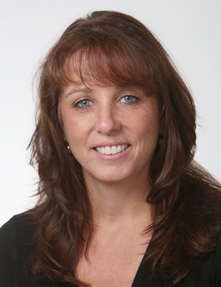
Image by Have a Nice Day Photo from Shutterstock
The home you've been searching for is on the market, and now you’re ready to buy it. But can you afford it? How do you know? The internet is filled with mortgage calculators to help you determine what your mortgage payment will be. You simply plug in the numbers — the selling price, interest rate, down payment amount — and voila! Out pops your payment amount for the next 30 years.
Your mortgage payment, with principal and interest, might tell you what to expect to pay the bank but multiple other factors add to the cost of homeownership. First, you'll have closing costs. Your real estate professional can give you an approximation of what these may be but the exact numbers won't be available until the closing is official. Closing costs include things like points and prepaid interest based on the day the loan closes.
While you may know your tax costs for the first few months of homeownership, changes in levies, tax rates, and property evaluations can raise rates unexpectedly. If your home is in a developing community, costs of roads, streetlights, and other infrastructure get passed to homeowners in the form of special assessments, taxes, and fees.
When your community has shared property such as playgrounds, pools, parks, and clubhouses, expect to pay monthly homeowner association (HOA) dues. These may come as a separate bill or be paid from an escrow account that your bank sets up. Like taxes, homeowner association dues and fees may raise each year to compensate for inflation or maintenance needs. If your HOA takes care of fences, roofs, and building exteriors, be prepared for periodic assessments. This may happen more frequently if your home is in a storm-prone area since wind and hail can cause considerable damage.
Whether you have an HOA or not, your home requires regular maintenance. When this is your first time as a property owner, you might not realize all the things covered in your rent. You'll have annual inspections to your heating and air conditioning systems, checks on your in-ground sprinklers, and pest control. You’re also responsible for attending to leaky faucets and running toilets, replacing the HVAC filters, replacing batteries in smoke detectors, and repairing anything that breaks.
When you’re ready to start shopping, your professional real estate agent can help you understand the costs as well as the advantages that come with homeownership in your area.

I have been in sales for most of my career and always found ways to get my clients what they want as economically as possible. I will work as hard for you as I would for myself. I will be open and honest. I will listen to your needs and wants and advise you when appropriate. If I do not know the answer, I will find it for you. I want to be your real estate resource for you, your friends, and your family for a long time.